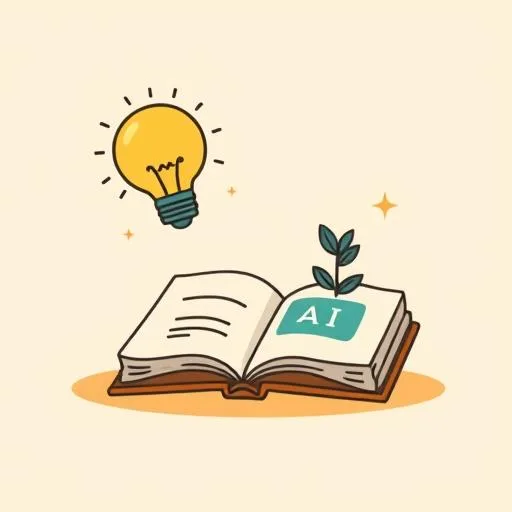
Ever watched your child light up when they finally grasp a tricky concept? That ‘aha’ moment is pure, heartwarming magic. Now, imagine if technology could help create more of those sparks—not replace them. That’s exactly what Sal Khan, founder of Khan Academy, believes is possible with AI. He’s not just hopeful; he’s convinced that AI, when used thoughtfully, can save education rather than destroy it. Let’s dive into why that vision feels so exciting and how it echoes the values many of us hold dear: compassion, community, and trust in a brighter future.
How Can AI Serve as a Team Player, Not a Replacement?
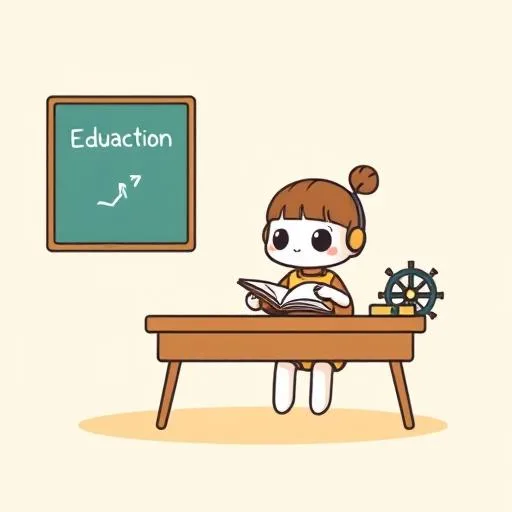
Sal Khan paints a vivid picture: AI in the classroom isn’t some cold, robotic takeover. Instead, he sees it as “four or five amazing graduate students” assisting teachers. Think about that—a team of supportive aides helping tailor lessons to each student’s needs, freeing up educators to focus on what they do best: connecting, inspiring, and guiding. It’s like having a helpful co-pilot on a family adventure, like our weekend hikes where everyone chips in, making the journey smoother without stealing the wheel.
Turns out, research backs this up—AI-powered tools, such as adaptive learning platforms, boost student engagement and outcomes. A study involving university students found that those using AI resources reported higher motivation and better critical thinking skills—proof that technology can amplify human potential when guided by positive intent.
How Does AI Amplify Human Purpose, Not Diminish It?

Khan hits on a profound truth: technology has always amplified human intent. AI is no different. The key question isn’t whether AI will change education, but how we choose to wield it. Will we use it to foster curiosity, creativity, and connection? Absolutely! Khan calls the education lane in AI “the most poetic one” because it offers a chance to enhance human intelligence and purpose.
It reminds me of watching my daughter explore something new—say, building a fort with blocks. I don’t hand her a pre-made castle; I give her tools and encouragement, stepping in only when she needs a nudge. AI can play a similar role: a tool that supports without overshadowing, helping kids discover their own strengths.
What Are the Practical Wins for Parents and Educators?
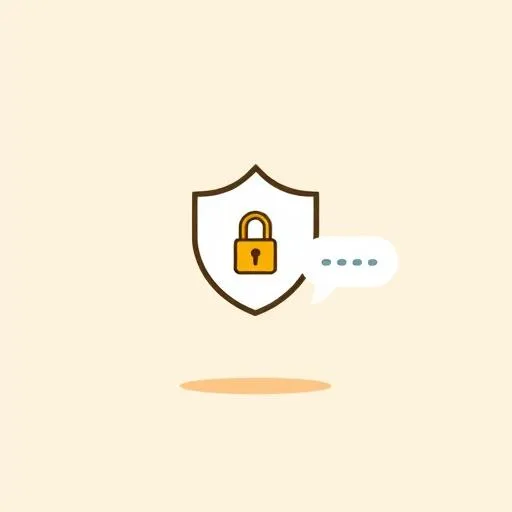
So, how does this look in real life? Khan Academy’s Khanmigo is a great example. It’s not just a chatbot; it’s a personalized tutor that detects misunderstandings and provides feedback, all while keeping parents in the loop with visibility into chat histories and alerts for inappropriate interactions. This thoughtful design addresses common worries—like cheating or over-reliance—by keeping things open and safe.
For parents, this means we can embrace AI without fear. Instead of banning screens outright, we can guide kids toward tools that enrich their learning journey. It’s about balance: blending tech with real-world experiences, much like how we mix outdoor play with creative indoor projects.
How Can We Cultivate Hope and Resilience in the AI Era?
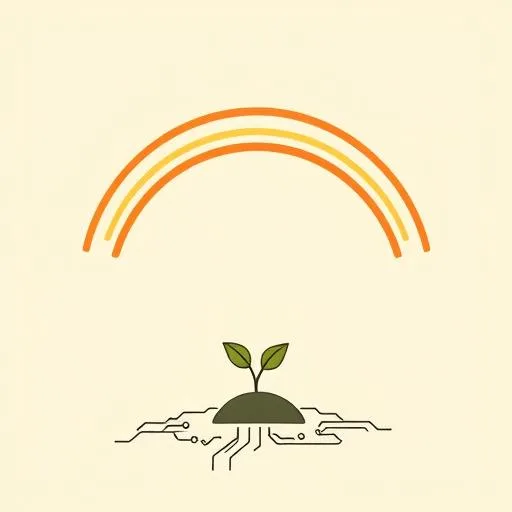
Khan’s message is ultimately one of hope. He acknowledges legitimate fears—yes, some kids might try to outsource their thinking—but he focuses on the positive: AI can help students structure thoughts, communicate better, and dive deeper into subjects. It’s about nurturing skills like critical thinking and empathy, which no machine can replicate.
As parents, we’re already doing this every day. We teach our kids to navigate challenges with kindness and curiosity. AI can be part of that toolkit, offering new ways to learn and grow together. Imagine a future where every child has a personalized learning path, supported by both technology and human warmth—that’s a vision worth getting excited about!
How Can We Take Steps Forward with Confidence?
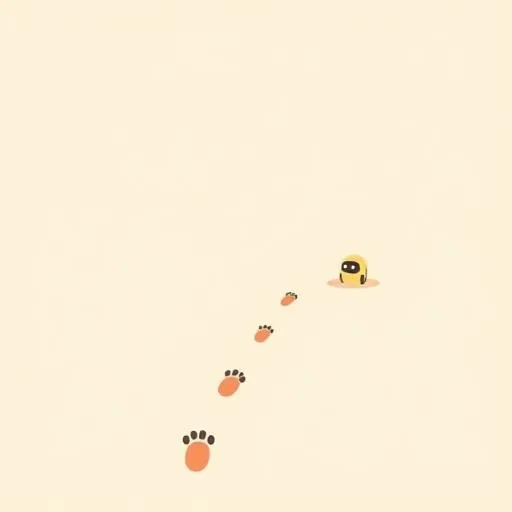
Ready to explore AI in education? Start small. Look for tools that prioritize safety and engagement, like Khanmigo, and discuss them with your kids. Emphasize that AI is a helper, not a replacement for their own brilliant minds. Share stories of how technology has opened doors for you—maybe a travel app that sparked a family adventure or a learning game that made math fun.
And remember, we’re all in this together. By fostering a community of support and sharing insights, we can shape a future where AI enhances learning without losing the heart of education. What if we saw AI as that extra nudge, helping our kids build their own castles of curiosity?
Source: Sal Khan is hopeful that AI won’t destroy education, The Verge, 2025/09/08 12:10:34
